our capabilities
Vehicle Engineering
Vehicle Engineering (VE) conducts R&D activity to support the definition and development of products (Hyundai, Kia, and Genesis) sold in North and South America. Vehicle Engineering’s overall focus is to exceed customer expectations by listening to the Voice of the Customer through a cross-discipline collaborative approach to determine customer needs and develop competitive products. The development process begins with the Product Planning team’s data collection and market investigations. The Project Management team turns data into action by defining next generation vehicles by coordinating multi-discipline engineering in defining product specifications that enhance product competiveness. The Materials Development team ensures all material specifications match consumers’ expectations and validate new materials for application in future products. Through virtual and physical testing, the Safety Integration team supports product development to ensure our products remain some of the safest vehicles in the world. The Engineering Design team uses the latest software/hardware to design vehicle components that meet pre-defined specifications and customer requirements, guiding those parts through production and the full vehicle life-cycle.
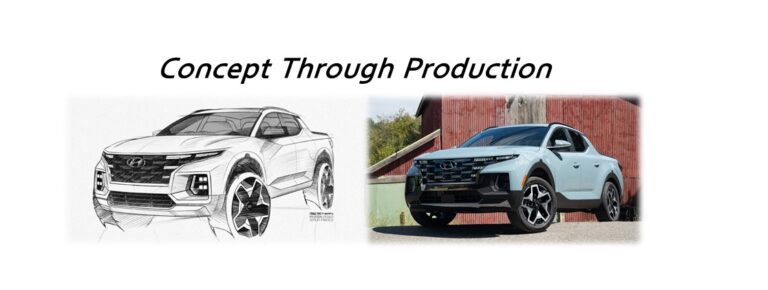

Vehicle Test & Development
The Vehicle Test & Development (VTD) Group is responsible for full vehicle testing & development for the Pan-American markets for the Hyundai, Kia, and Genesis brands. Engineers and technicians in this group perform objective and subjective vehicle testing for Total Vehicle Performance & Usability, Ride & Handling, Noise & Vibration, Chassis Controls, Brakes, Durability, Corrosion, HVAC Performance, and Powertrain System Cooling and Heating. Development activities begin at the clay model stage and span the full development cycle including prototype testing at our California Proving Ground. Driving Innovation is our group’s motto and exceeding customer expectations is our focus regardless of road, environmental or driving conditions.
Electrified Propulsion Development
The Electrified Propulsion Development Group (ePD). ePD helps create innovative propulsion solutions and develop vehicle performances for both P/H/EVs and conventional ICEs, driven by market needs for Clean, Efficient, and High-Value products. Our propulsion professionals are experts on vehicle performance development (for drivability, energy efficiency, shift quality, engine management system), powertrain & electrified propulsion system test, control logic / virtual platform development. This team focuses on three key areas: working on propulsion system & vehicle testing and engine management system development, focusing on power electronics system/vehicle efficiency/control logic development, and developing vehicle performances to improve our customer’s experience and make their relationship with our vehicles easy and fun.

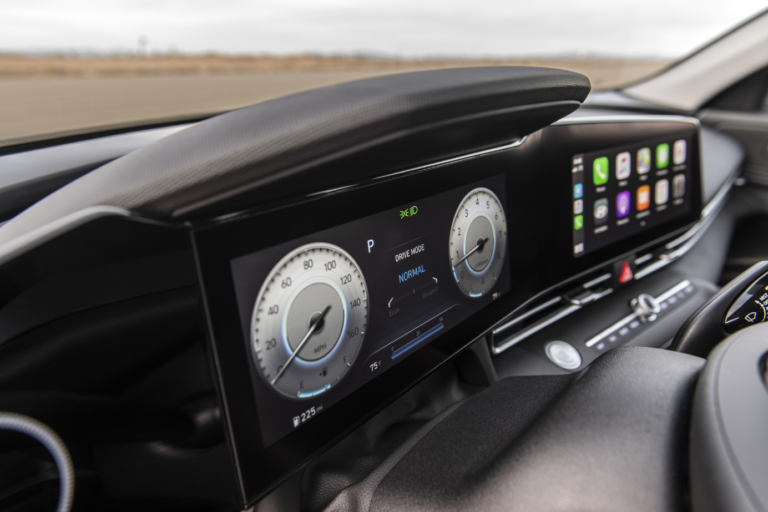
Electronic Systems Development
The Electronic Systems Development Group (ESD) supports HATCI’s primary responsibility of product development, system and vehicle test, and vehicle validation for all Hyundai, Kia, and Genesis vehicles. This team is involved with some of the latest electronics technology in the automotive world. Developing, testing, and validating new electronic features and safety technology is our everyday mission. The technology areas we work on include Advanced Driver Assistance Systems (ADAS), Autonomous Driving & Parking, Infotainment & Media, Connected Vehicle Services, Navigation, Over-the-Air Updates (OTA), Wireless Charging & Connectivity, Cybersecurity, and Customer Convenience / Vehicle Security features.
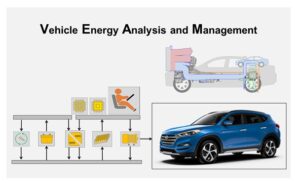
Advanced Development Group
The Advanced Development Group (AD) focuses on advanced technology research and development that can be applied to current production vehicles and future mobility. A wide range of areas are covered, from analysis and management of vehicle energy flow, to the development of new vehicle concepts, and investigation of carbon-neutral power sources. The AD Group includes a core team that works with cross-functional teams whose expertise is as diverse as vehicle and engine simulation, engineering design, new materials, and ergonomics, among others. This team proposes individual research topics and collaborates with other teams inside and outside HATCI. The AD Group is expanding the scope of advanced technology R&D to support Hyundai Motor Group’s plan to lead the future mobility industry as a Smart Mobility Solution Provider
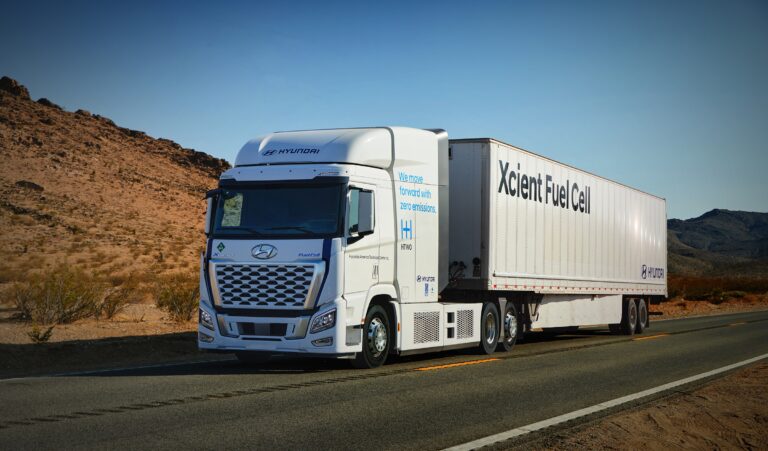
Commercial Vehicle Development
The Commercial Vehicle team (CV) is involved with product planning, customer and market research, new fuels infrastructure development, vehicle and systems performance testing and benchmarking and defining the logistics and passenger transportation of the future. This team includes experts in in diverse disciplines spanning: vehicle Product planning, regulatory interpretation, tracking policies and programs for zero emission MD/HD vehicles, market intelligence, Zero emission powertrains, Hydrogen and battery on board energy storage systems Engineers, ADAS components and advanced vehicles controls Engineers, vehicle connectivity and services for fleets Engineers.
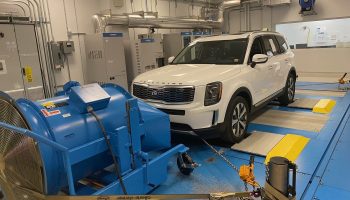
Vehicle Regulation, Certification and Compliance (RCT) helps support Hyundai and Kia vehicles to meet Safety and Environmental standards at the federal, state, and local levels. This team manages the U.S. vehicle regulatory, certification, & compliance programs, and coordinates with federal and state governmental agencies including the National Highway Traffic Safety Administration (NHTSA), the Federal Motor Carrier Safety Administration (FMCSA), the U.S. Environmental Protection Agency (EPA), and California Air Resources Board (CARB). This team represents both Hyundai Motor Company & Kia Corporation in leadership positions in regulatory-related industry trade groups, including the Alliance for Automotive Innovation (AFAI); and interfaces directly with regulators in the development and compliance of regulations.